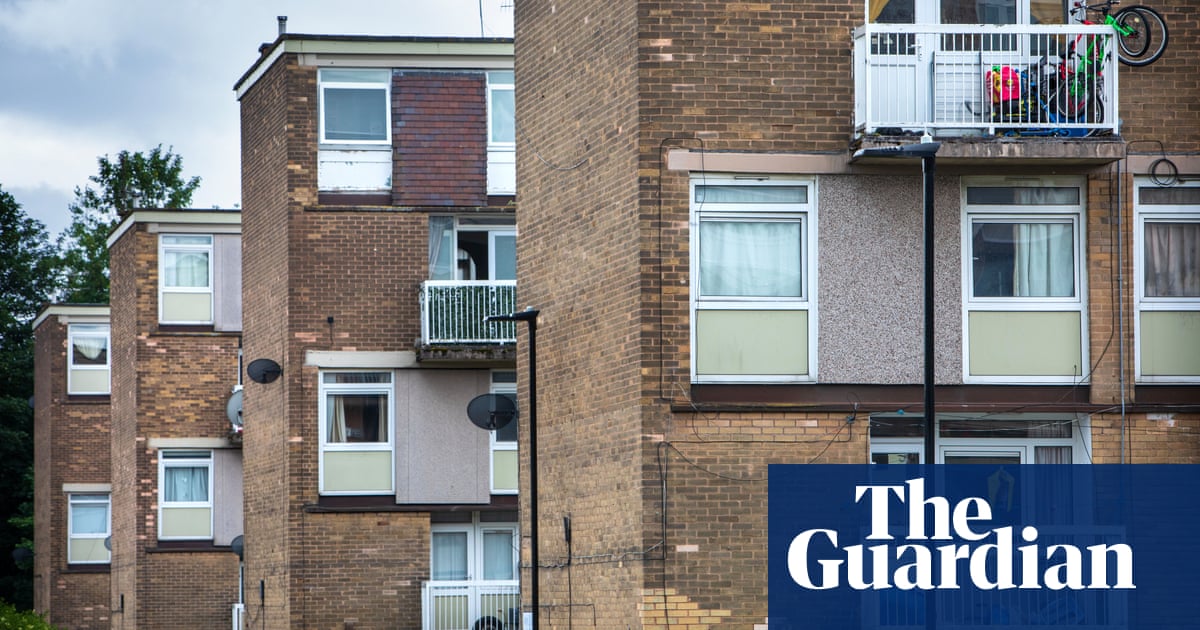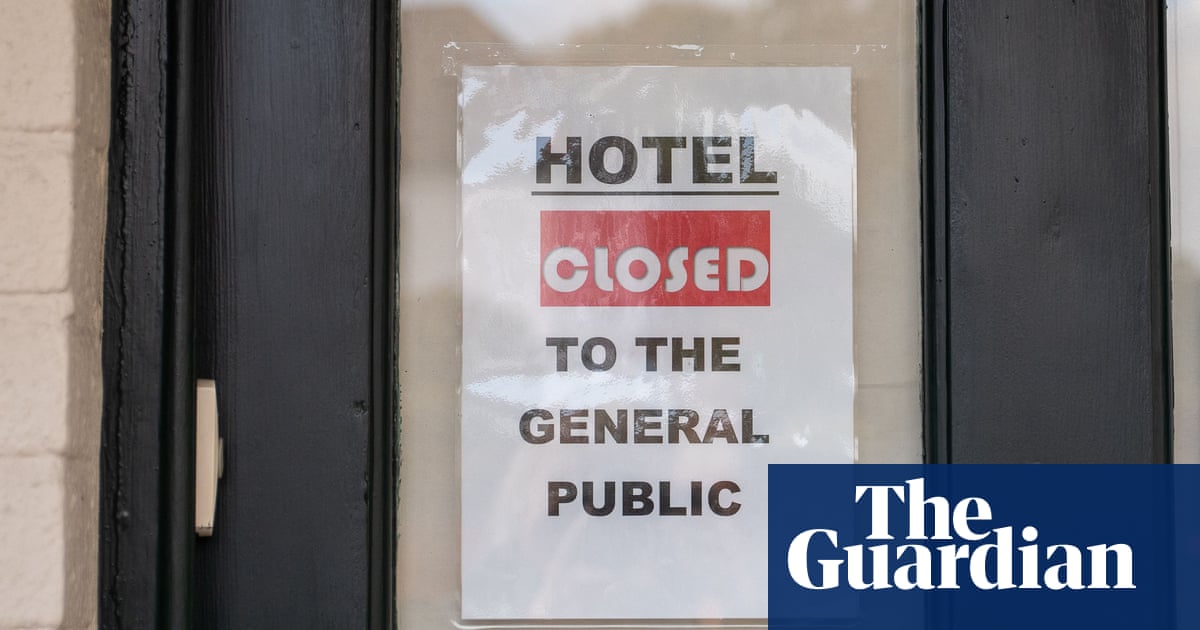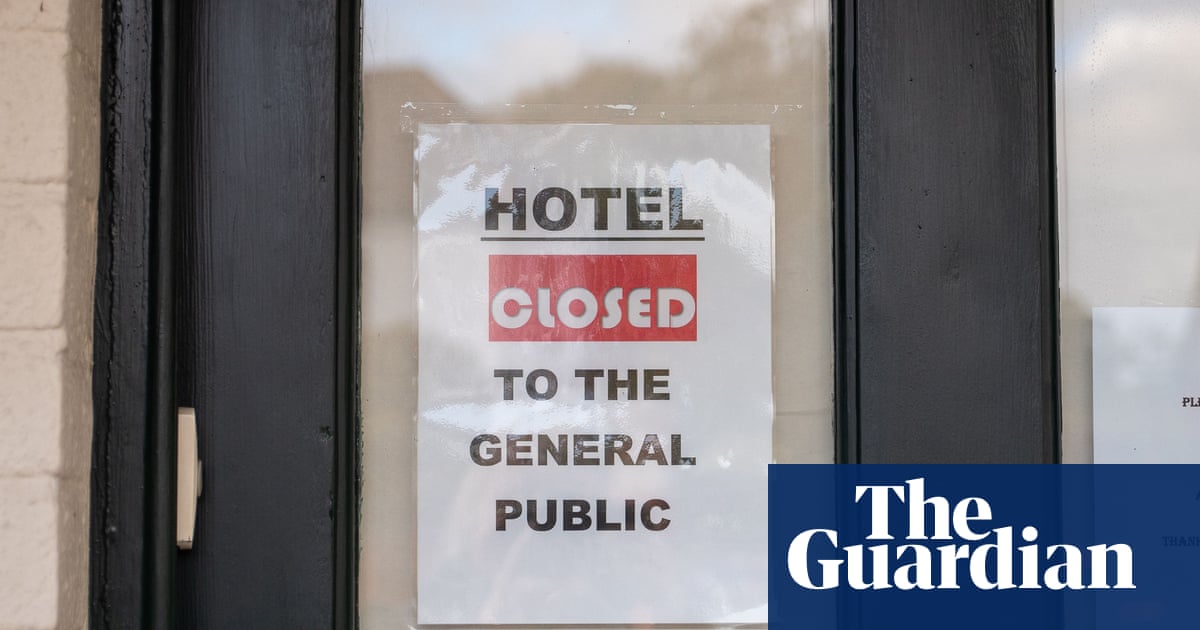
A controversial policy to remove basic housing protections from asylum seekers has been withdrawn by the government.
The policy, first disclosed by the Guardian, outlined the proposed removal of houses in multiple occupation (HMO) regulations for landlords accommodating asylum seekers in their properties. People who are not seeking asylum are still entitled to access these safeguards.
The government argued that by removing the requirement for landlords to abide by HMO regulations, officials could increase the pool of housing available to accommodate asylum seekers.
Under the changes, which have now been withdrawn, landlords of asylum seekers in England and Wales would no longer have to register with local authorities.
The rules would allow landlords to house asylum seekers for two years without obtaining a HMO licence – a standard requirement for any landlord renting to more than one household in a single property.
However, eight asylum seekers challenged the draft regulations and, hours before a high court hearing on Wednesday, the government withdrew the policy. It will now revert to the previous position that everyone living in an HMO has the same rights to protection.
The regulations were laid before parliament in March 2023 and have remained in draft form. They are expected to be withdrawn from parliament on Thursday.
The plans were put forward by Suella Braverman, the former home secretary, and Michael Gove, the housing secretary.
However, documents disclosed in the course of the case show that Gove expressed opposition to the plans in a letter he sent to the prime minister dated 10 November 2022.
He wrote: “Finally, I understand Home Office and No 10 are interested in removing the need for Houses in Multiple Occupation (HMO) to get licences when providing accommodation for asylum seekers. [words redacted].
“Landlords of larger HMOs – and in some areas, smaller HMOs – must be licensed and properties must meet standards. This is for safety reasons, for example there is a significantly higher risk of fire in HMOs.
“Home Office officials have suggested that this licensing system may be a barrier to housing asylum seekers and have requested exempting HMOs from licensing requirements.
“I have seen no evidence on how licensing is a barrier, and this move [words redacted] risks incentivising lower quality housing. [words redacted].”
The eight asylum seekers argued that the government had acted unlawfully in adopting the policy and that Gove had no power to make the draft regulations, which frustrated the purpose of the licensing scheme.
Jeremy Bloom of Duncan Lewis solicitors, representing the asylum seekers, said: “The government’s last-minute withdrawal of regulations that would have reduced protections for asylum seekers housed by the Home Office is a spectacular U-turn.
“The asylum seekers now have the enduring protection that they will not be placed in accommodation which does not meet licensing standards, which are so vital to fire safety and to prevent overcrowding.”
The Chartered Institute of Environmental Health (CIEH), which provided evidence for the legal challenge, welcomed the government U-turn.
Louise Hosking, an executive director at the institute, said: “These draft regulations risked creating a two-tier system for enforcement of standards in HMOs. They could also have incentivised unscrupulous landlords to move into the supply of asylum-seeker accommodation.”
A government spokesperson said: “Our success maximising the use of existing sites and delivering alternative accommodation means it is no longer necessary to pursue the removal of licensing requirements for houses in multiple occupation.
“We are making significant progress moving asylum seekers out of hotels, which cost UK taxpayers £8.2m a day. We have already returned the first 50 to their communities and we will exit more in the coming months.
“We continue to keep all policies under review as we work with local authorities to identify alternative accommodation options which are more suitable for local communities.”












